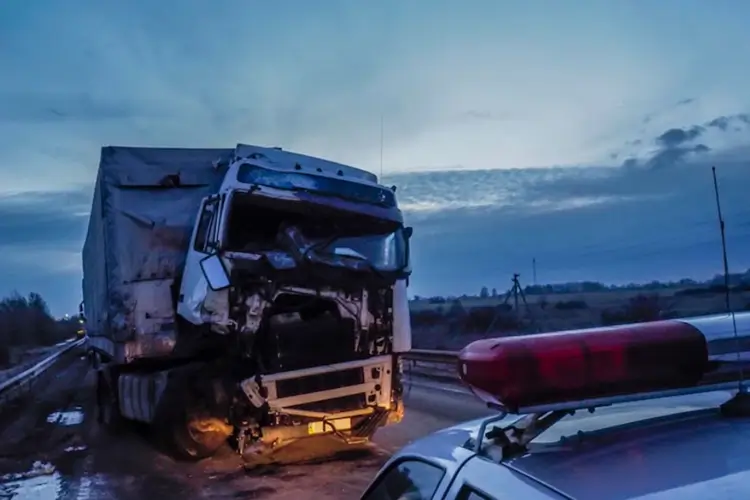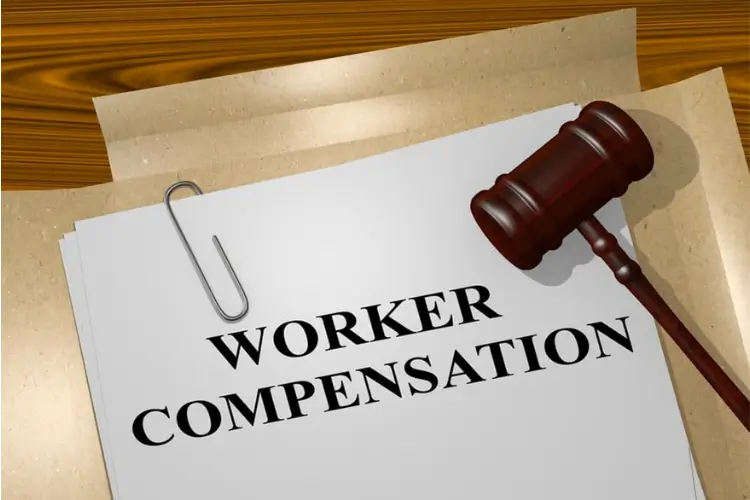Truck accidents are rarely simple. In collisions involving large commercial trucks, the question of who is responsible can get complicated quickly. Unlike typical car crashes, liability in truck accidents often extends beyond just the person behind the wheel.
Multiple parties, including the driver, the trucking company, and sometimes even the manufacturer, can be involved in what happened. Sorting out who should pay for damages, injuries, and losses means examining every link in the chain.
Figuring out who’s at fault comes down to the facts of each case. That’s where proving liability in a truck accident becomes so important. Investigators and legal teams dig into driver logs, maintenance records, accident reports, and even black box data to pinpoint where mistakes or negligence occurred.
Let’s now look at the parties liable when a truck accident happens.
When Is the Driver Liable?
Truck drivers are often the first focus after a crash. Drivers who speed, drive distractedly, drive under the influence, or ignore traffic laws can be held personally responsible.
Fatigue is another major factor. Federal rules limit a driver’s hours on the road, but sometimes, those limits are ignored. When a driver’s choices or mistakes directly cause a wreck, the law usually holds them liable for damages.
The Trucking Company’s Responsibility
Liability doesn’t always stop with the driver. To fulfill their legal obligations, trucking companies must hire qualified drivers, provide proper training, and maintain their fleet safely.
If a company cuts corners by hiring someone with a poor driving record, failing to keep trucks in good repair, or pressuring drivers to break safety rules, it can be held responsible for accidents that result.
This is known as vicarious liability, which means employers are often held accountable for their employees’ actions while on the job. A trucking company may also be liable if it violates federal regulations, such as hours-of-service rules, weight restrictions, or maintenance standards.
If a company’s negligence or unsafe practices contributed to the crash, it may be required to cover the damages.
Because company practices and regulatory violations often determine who pays, injured parties benefit from counsel who can quickly secure and analyze evidence. Local attorneys know how to obtain driver logs, maintenance records, and electronic data and coordinate with safety experts to reconstruct what happened. Speaking with a truck accident lawyer el paso early can preserve time‑sensitive proof and clarify legal options without upfront cost. That early involvement often strengthens a claim and lets victims focus on recovery while the legal work proceeds.
When the Manufacturer or Others Are at Fault
Sometimes, the cause of a truck accident isn’t the driver or the company but a defect in the truck itself. If a mechanical failure, like faulty brakes, a blown tire, or engine trouble, leads to a crash, the manufacturer of that part of the truck could be liable under product liability laws.
Proving this usually requires expert analysis to show that a design or manufacturing defect caused the failure and, ultimately, the accident. Other parties can also share responsibility.
Those companies could also be liable if a maintenance provider fails to inspect or repair the truck properly or if cargo is loaded incorrectly and shifted during transit.
Final Thoughts
Truck accident liability isn’t always straightforward. Drivers, trucking companies, manufacturers, or even other parties may all share responsibility.
Each case requires a careful investigation and a thorough review of the facts to determine how the harm occurred and who is accountable. This process is complex, but it’s essential for securing fair compensation for those affected.




